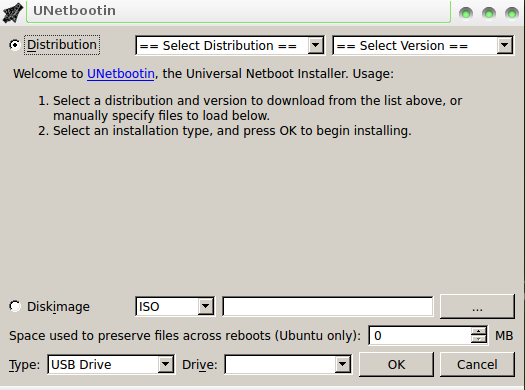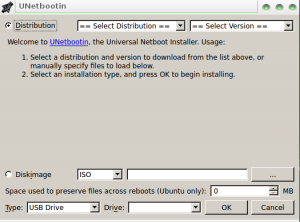Penguinistas used to worry about the dreaded fork, especially of Linux. “What if Linux forks and becomes like Unix?” was a question often being posed in the open source media. Linus Torvalds would do his best to put those fears to rest, explaining that under the GPL forks are usually to be welcomed.
He was of the opinion that if a fork improves a product and is liked by the users, those changes will almost certainly be rolled back into the originating application. If not, and the fork is indeed a marked improvement on the original, then the fork becomes the standard bearer at the expense of the original application.
Christine Hall has been a journalist since 1971. In 2001, she began writing a weekly consumer computer column and started covering Linux and FOSS in 2002 after making the switch to GNU/Linux. Follow her on Twitter: @BrideOfLinux



